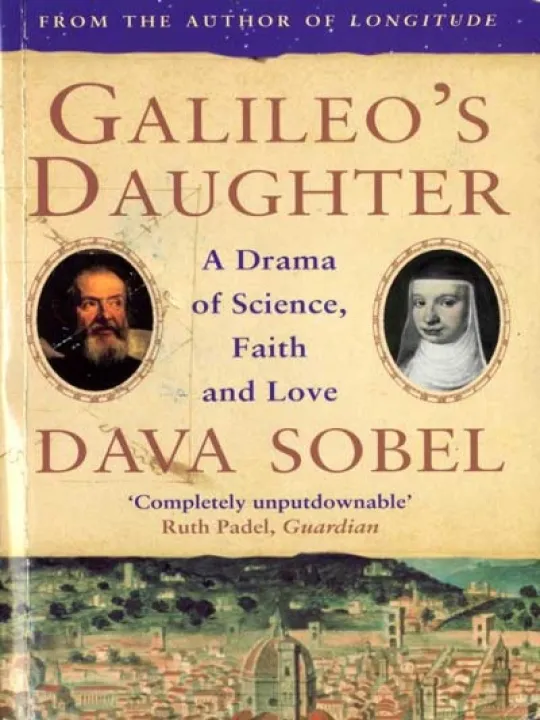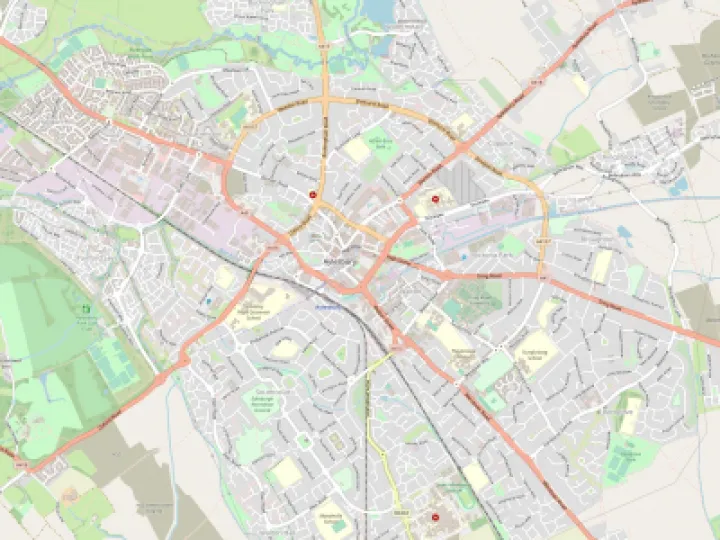Galileo's Daughter
Several members had a common experience of a difficult early read becoming an enjoyable one. Using excerpts of the numerous letters Galileo's daughter wrote to him from her nunnery supported by other meticulous research, this book gave a real insight into the life and times of this remarkable man who lived from 1564 to 1642.
The book chronicles the international recognition for his scientific achievements and contributions in such areas as the telescope, microscope, geometry, experimental physics, astronomy, sun spots, Venus cycles and measuring longitude at sea. However, when he developed scientific evidence supporting Copernicus's derided earlier suggestions that the earth went round the sun and not vice versa, he met with conflict, censure, an inquisition and house arrest by the Catholic Church. The church felt that he was now trespassing on their area of expertise and teaching.
The group felt that the conflict highlighted human rather than spiritual concerns. The Galileo investigation came at a bad time for Pope Urban VIII. A bright intellectual with an interest in astronomy and an early admirer of Galileo's work, his human fallibility was evident after 10 years in office. He had all the birds killed in his garden as they woke him up; he was accused of a lack of zeal on costly papal-led wars in Europe and could ill afford another challenge to his authority. So 'The Beliefs Police' or beliefs of the church at the time triumphed over scientific evidence and curtailed Galileo's work in this area. It was commented that a similar conflict was to face Charles Darwin in more recent times.
As well as the well documented science versus papal belief dispute, members were fascinated by the social history the book revealed. For instance Galileo considered his two illegitimate daughters 'unmarriageable' and placed them in a convent. This was a common practice and seemed to be accepted without demur by the daughters. Whilst being 'brides of Christ' was largely a life of poverty and deprivation, at the time of the deadly and widespread bubonic plague that swept Italy and much of Europe, being in effect 'quarantined' in a convent was a very safe place to be.
Virginia, the daughter herself, who took the name Sister Maria Celeste, was said to match Galileo's brilliance, industry and sensibility. In her father's words, she was a 'woman of exquisite mind'. She had the intelligence to read and understand Galileo's work, research and mathematics, transcribed some of his work for him and became the apothecary at the convent, helping visiting doctors, nursing sick nuns and dispensing potions for various ailments.
Despite the seeming opposition of science and faith, Galileo remained a good Catholic throughout his life. Both he and his daughter were greatly comforted and helped by their prayers, faith and Christian beliefs of the time.
Peter Green – May 2014
Get In Touch
Aylesbury Methodist Church & Centre
Buckingham Street
Aylesbury
Buckinghamshire
HP20 2NQ


